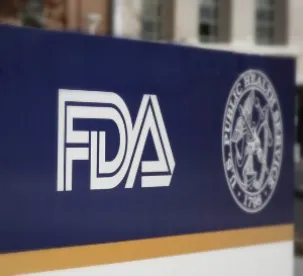Recently, the U.S. Food and Drug Administration (FDA) notified several pharmaceutical companies that they must repeat their clinical and bioanalytical studies conducted by Synchron Research Services (Synchron) or Panexcell Clinical Lab (Panexcell) due to significant data integrity concerns. The data concerns arose from inspections conducted at the facilities of these two Indian clinical research organizations (CROs) in 2019 as well as FDA’s analyses of study data generated at these two CROs that were submitted in several drug applications.
In a notification to industry, the FDA stated that it found “significant instances of misconduct and violations of federal regulations, which resulted in the submission of invalid study data to FDA.” The FDA further notified pharmaceutical companies that conducted bioequivalence and bioavailability studies at these two CROs that they must repeat these studies if they are essential for approval. This action applies to all pharmaceutical companies with drugs that have been approved, tentatively approved, or are currently under review by the FDA.
In an “untitled letter” to Panexcell, the FDA wrote that “the manner in which Panexcell conducted the studies noted above causes FDA to believe that the reliability and validity of study data generated by your firm cannot be ensured.” The FDA further asserted that Panexcell is responsible for the “creation of false data in the studies” and determined that “all study data from all studies conducted at your firm must be rejected.” The FDA also issued a similar letter to Synchron detailing its findings at their facility and identifying its concerns related to FDA’s review of data generated at Synchron.
The FDA has concluded that data from these two CROs are not acceptable to support a determination of safety or effectiveness for brand drugs, or to demonstrate that the affected generic drug products are bioequivalent to the respective brand name drugs. As a result, FDA has changed the therapeutic equivalence rating to “BX” for any approved abbreviated new drugs applications (ANDAs) that relied on study data from Synchron or Panexcell. The new rating of “BX” means that the generic drug products are insufficient for FDA to determine therapeutic equivalence with brand drug products. Although these generic drug products are still approved and can be prescribed, these products are no longer automatically substitutable at the pharmacy.
Based on the FDA’s Questions and Answers Regarding Data Integrity Violations at Panexcell Clinical Lab and Synchron Research Services, the FDA reiterated its stance that affected companies would either have to repeat these studies or will have to voluntarily withdraw their products from the markets. FDA also stated that it will work with Synchron and Panexcell to ensure adequate and corrective actions are developed and implemented.




 />i
/>i

